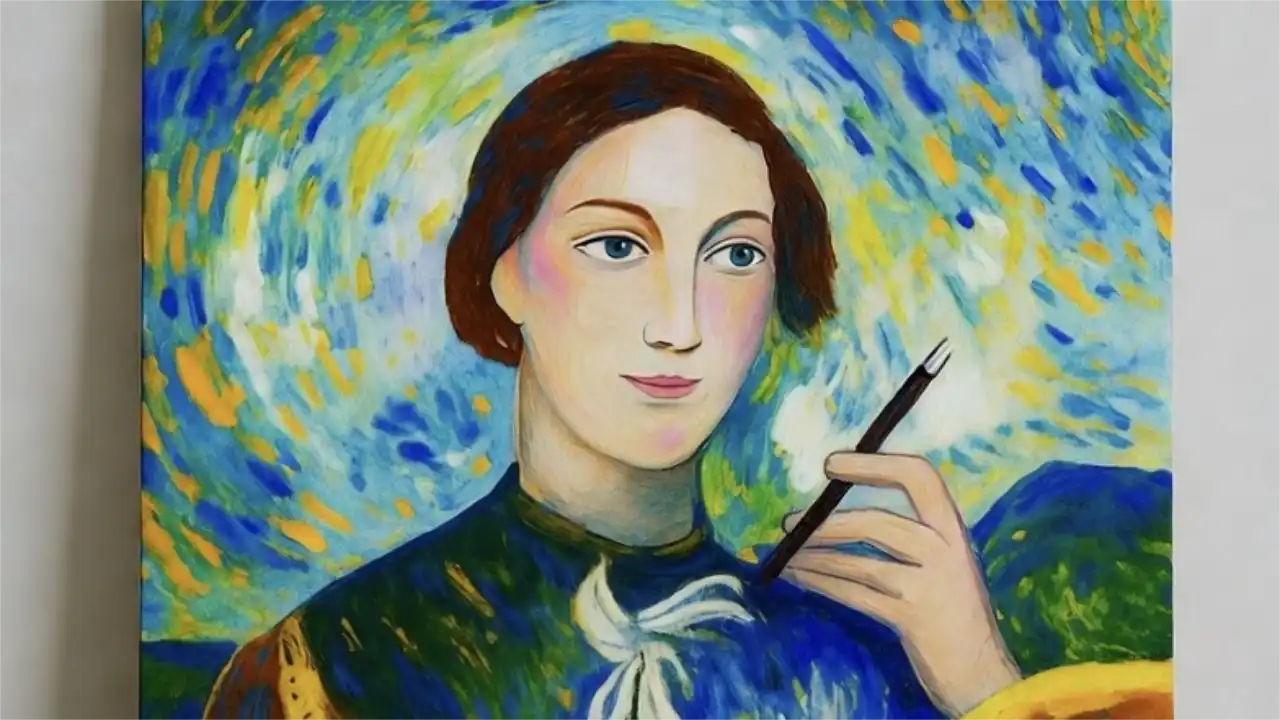
Engaging with Art and Literature: Discuss and Analyze Art to Build Thinking
A
parent once stood beside their child, eyeing a vibrant canvas, and asked, “What is this painting telling us?” That question opened a door. Like Renaissance scholars interpreting layered meanings in old frescoes, children grow sharper when they’re invited to reflect. Whether it’s a painting’s symbolism, a poem’s tone, or a character’s hidden motive, analyzing art deepens their thinking and gives them tools for navigating school, relationships, and the world with greater insight.
My son once puzzled over a novel’s elusive main character. His brow furrowed as he tried to understand the choices being made. I asked, “What might be behind their actions?” and we unraveled the story together. That moment taught him that ideas often live beneath the surface, waiting to be found. Now, when he writes essays or joins discussions, he reaches for complexity instead of stopping at the obvious—skills that carry far beyond literature.
The next time your child reacts to a bold painting or stirring lyric, ask what they think it means—not just what they see. Pick a creative work each week to explore together. Let them build a theory, support it with clues, and maybe sketch a response or explain it aloud. These simple habits build minds that read between the lines, find meaning in ambiguity, and speak with clarity. The Renaissance made this kind of inquiry a way of life—and you can too.
Engaging with Art and Literature
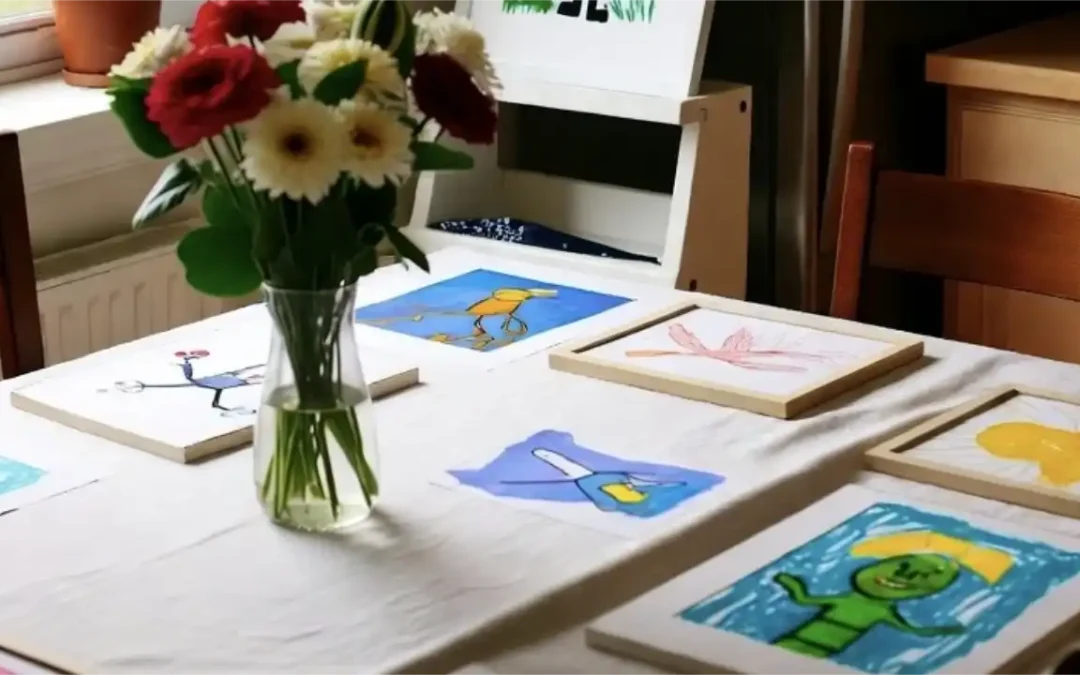
Engaging with Art and Literature: Spark Creative Contests with Art
Art contests help children express ideas and build confidence. Create playful challenges that celebrate originality, effort, and joyful creativity.
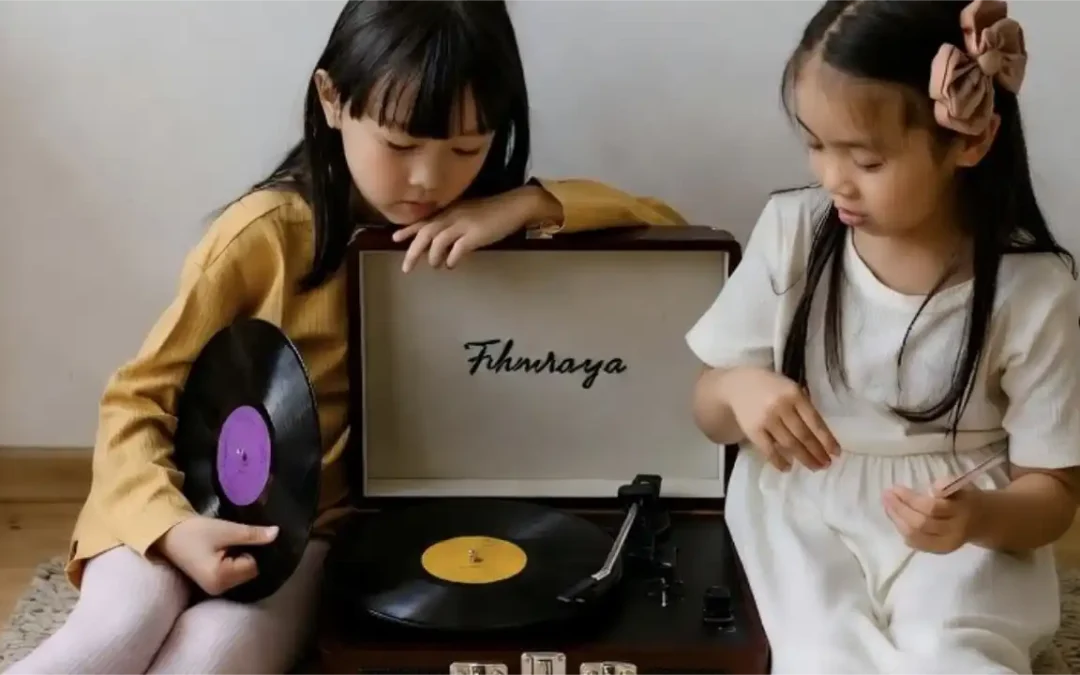
Engaging with Art and Literature: Expose Children to Varied Styles and Genres
Exploring diverse music, books, and art expands imagination and empathy. Introduce children to new styles that spark creativity and flexible thinking.
Table of contents

Primordial Soup for the Mind: Navigation
Navigate the book Primordial Soup for the Mind.
TIPS
- Pick emotionally rich art.
- Ask “Why this choice?” to deepen thought.
- Encourage bold interpretations.
ACTIVITIES
- Art Puzzle: Show a piece and ask, “What is its purpose?” Discuss for 15 minutes.
- Story Dive: Read a tale and ask, “What’s its lesson?” Talk for 10 minutes.
EXAMPLE
My daughter analyzed a poem’s imagery, boosting her English grades.

Download “Primordial Soup for the Mind: A Parent’s Guide to Nurturing Intellectual Growth”
Enter your information to get this article and hundreds more as part of the FREE book Primordial Soup for the Mind.
Share your thoughts with the Thought Academy community in the Comments section below.

Sharpen those skills!
Enter your information to get our FREE practice exercises so you can hone your critical thinking and reasoning skills!



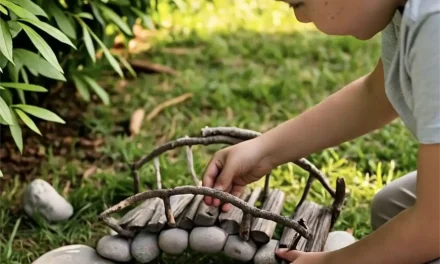
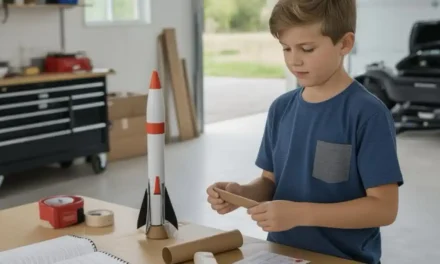
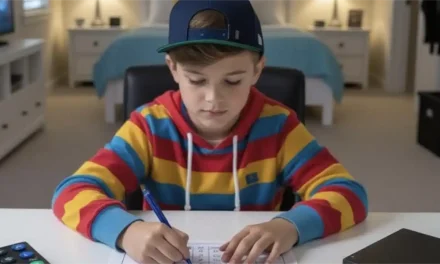
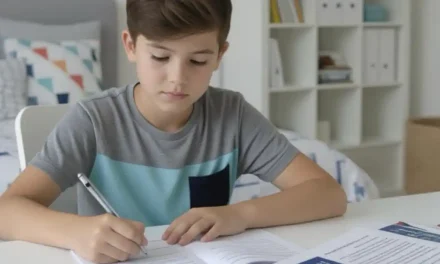
0 Comments